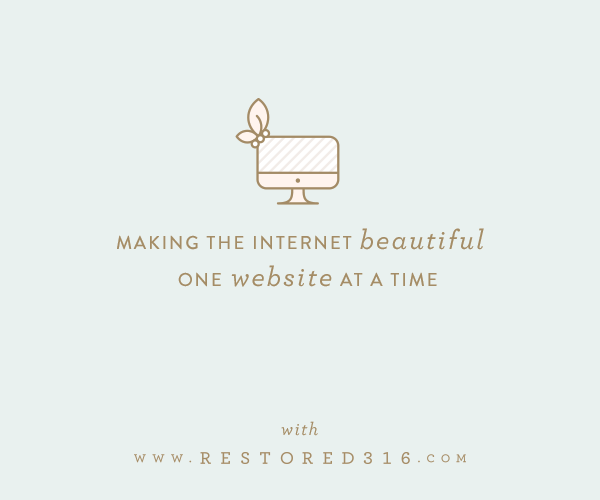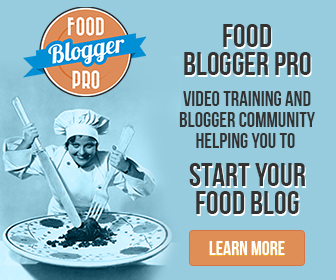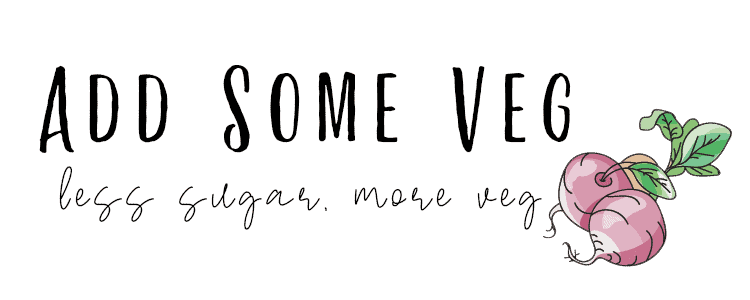Really Useful Recommendations
Whether you are looking for food items to stock a healthier pantry, gadgets that are actually worth the money for the kitchen, books about healthy eating, cookbooks or advice on starting your own blog, I have put together some of my favourite things right now for you to browse and to help narrow down some of the overwhelm in these areas!
I want to know about healthy foods to stock my pantry with…
This is such a big topic that I’ve actually given it its own page! You can find it here. Ditto with kitchen gadgets, which I’ve listed my top 8 most used of here.
I want to learn more about healthy eating and sort through the fact and fictions that the media blows out of proportion…
Urgh, don’t we all! I’ve spent years reading, watching and listening to many many books, articles, science journals and studies, programes, e-courses, podcasts and documentaries about this. I even took a 6-month online nutrition course (please note, this does not make me a qualified nutritionist) trying to sort through the chaos. But I love research, and geek out over nutrition and healthy real food, so I’ve pulled together some of my top recommendations to help you sift through it all in far less time than it has taken me:

For a fun, easy-watching real-life experiment slash expert-packed documentary on the effects of sugar, try That Sugar Film. It’s funny, shocking and informative, all at the same time.

For some ‘light science’ and a hand-held guidance through the sugar detox that changed my family’s life for the better, try Sarah Wilson’s I Quit Sugar 8-Week Program.

Looking to find out more about how food affects your mental health? Journalist and nutritionist team Rachel Kelly and Alice Mackintosh wrote The Happy Kitchen to combine information and recipes all in one beautiful book (PS: the prosciutto-wrapped salmon with fries and red cabbage is delicious).

For more in-depth scientific research specifically on sugar, you can’t beat Dr Robert Lustig’s Fat Chance or Dr John Yudkin’s Pure, White & Deadly. Warning: both are full of scientific jargon and are pretty dry. They are fascinating if you geek out on nutrition or really want to know the facts inside out so you can defend your reasoning for feeding your kids less sugar (there is always a surprising backlash when parents do this), as it is deeply rooted in science and research. If the book is a bit too much, Robert Lustig’s viral YouTube video that sums up his findings is a much easier way of getting the basic information:
I’m looking for some great healthy eating cookbook recommendations…
I wrote 30+ Low Sugar Snacks to help guide families through the dreaded snack time that so often makes us reach for the sugar in desperation. All the recipes take 5 mins prep or less and there are a mix of savoury and sweet options to please all tastebuds, young and old.
Georgia Harding over at Well Nourished wrote a wonderful book called The Well Nourished Lunchbox, which I use regularly. It’s full of great ideas, easy recipes to batch-make, and plenty of allergy-friendly and low-fructose options for those who want them.

Any of The Green Kitchen cookbooks are packed full of delicious healthy vegetarian recipes – we use this one most. The puddings tend to be a little high in fructose sugar for our tastes, but many work with a fructose-free sweetener or just half the amount of dates/syrup/honey as a treat just as well. Their spelt pizza dough and fennel and coconut tart are stunning.

I reach for the I Quit Sugar cookbooks often. I mean, who doesn’t want a cookbook that has entirely tasty low sugar chocolate recipes (the mocha frappucino is insane and the millionaire’s shortbread recipe is the one that convinced me to do the sugar detox in the first place)?! Or a nutrient-dense slow cooker meals e-book? Or a low sugar kids cookbook full of recipes they actually want to make and eat?

One of my most recent favourite cookbooks is Naomi Devlin’s Food For a Happy Gut. Fair warning: this is probably not a book for the beginner cook or someone trying to just take a tiny step towards better health. But it is excellent for those trying to take a step further in healing their gut. Full of incredible gluten free, probiotic or prebiotic recipes, it sounds daunting but I’ve found the recipes I’ve tried to be surprisingly simple. The Happy Tummy granola and homemade kimchi have been particular hits in our house!

The River Cottage Veg Everyday cookbook is inspirational when it comes to figuring out how to make veg fun and delicious. There are some really wonderful recipes in there to inspire even the most hardened veg-hater.

Riverford have been experts in growing, prepping and cooking veg for decades, and they have pulled that expertise together in 2 incredible books (2 of the most used cookbooks in my house): Spring & Summer and Autumn & Winter. These books walk you through the best ways to prepare seasonal vegetables, and every single recipe we’ve tried has been a complete success in this house. My kids were blown away by the carrots in a bag and the beetroot gratin, and my husband and I loved the Asian slaw and squash curry. These guys know how to make veg taste epic.

Another super helpful book when it comes to getting used to cooking more vegetables is The Vegetable Butcher. Cara Mangini walks you through an alphabetical list of every vegetable you could imagine and shows you (visually, which I love) how to wash, store, cut and prepare the vegetable. She then includes some of her favourite ways to cook with that veg. Her cauliflower hummus is mind-blowing, and her chard tart is delicious.
I’m thinking about starting my own blog…
Good for you! Let me know how you get on and send me a link so I can check it out. If it helps, I have made many mistakes and have learned from them that these are the essentials, and not-so-essential-but-super-duper-helpful things for blogging:

I use Bluehost to host my website. If you are just starting out, it can be tempting to just stick to WordPress.com or Wix or a similar free service, and if you are just looking to share recipes for the fun of it, then I say go for it. But if you are hoping (even if it’s way down the line) to earn any money from the website, or to have more control over the design, plugins and more, then you will need a self-hosted website on a platform like WordPress.org. Mine is run by Bluehost – it’s costs me just a few pounds/dollars a month, but their customer service is absolutely incredible, and it means that if when something goes wrong, they will fix it for you in no time and save you many many hours of researching and hoping and praying you don’t make the problem worse. They made my transfer from raisingsugarfreekids.com to addsomeveg.com seamless and painless, and I lost no information whatsoever. I started my personal blog over on WordPress.com, and when I later decided to transfer it to WordPress.org, I lost a LOAD of data in the transfer. I wish I’d just gone with Bluehost straightaway!

My website uses a customisable theme which I spent something like £40 on. Considering hiring a designer would have cost me in the thousands, I call that a bargain. Many people commented on how professional my website looked right from the start, and asked what my secret was, considering I have basically zero knowledge of coding/CSS/HTML. The answer: the Tasteful theme from Restored 3:16. Even if the Tasteful theme is not to your taste, you can find many more beautiful themes there (I very very nearly went for Divine) and just change up a few bits to make it your own. Again, the customer service is incredible and they walk you through every step of setting it all up.

If the blog you are setting up is a food one, Food Blogger Pro is THE best place to learn about all the aspects that are involved. They have a team of experts who walk you through everything from earning money from a food website to food photography and video and everything in between. The forums are super helpful, and it’s a membership site, so you can just sign up for a month, or keep going for a few, or as long as you find it useful!

Again, for food blogs, you are going to need to learn how to take great food photos. I was fortunate that I skipped a tonne of the learning curve thanks to two courses: Food Photography School (which is absolutely incredible for beginners) and Composition Essentials (which is the next step to take your already decent photos to the next level). They are both expensive (I was fortunate to buy the Food Photography School access back when it was cheaper, but it’s been updated with a load more materials since then!), but I cannot fault either for their thoroughness, and the skills they teach you may well make you more money in the long run (thanks to them, just one of the regular paid gigs my photography and recipes has led to covers the cost of both courses in less than a year and you get lifetime access to both).
Whether your blog is food or any other subject, there is only one course I would recommend. It is the only course I’ve ever spent quite so much money on, but it’s a real investment you will see return on. The course is Sticky Blogging. Kelly is a true expert and gives you the most incredible, easy to implement, practical tips on how to write and hook readers no matter your niche. I’ve only just finished the course and wrote one post according to her “rules” – it saw the biggest social engagement I’ve ever had and has proven to me how valuable her advice is. Totally worth it, I don’t regret the spend for a second.











